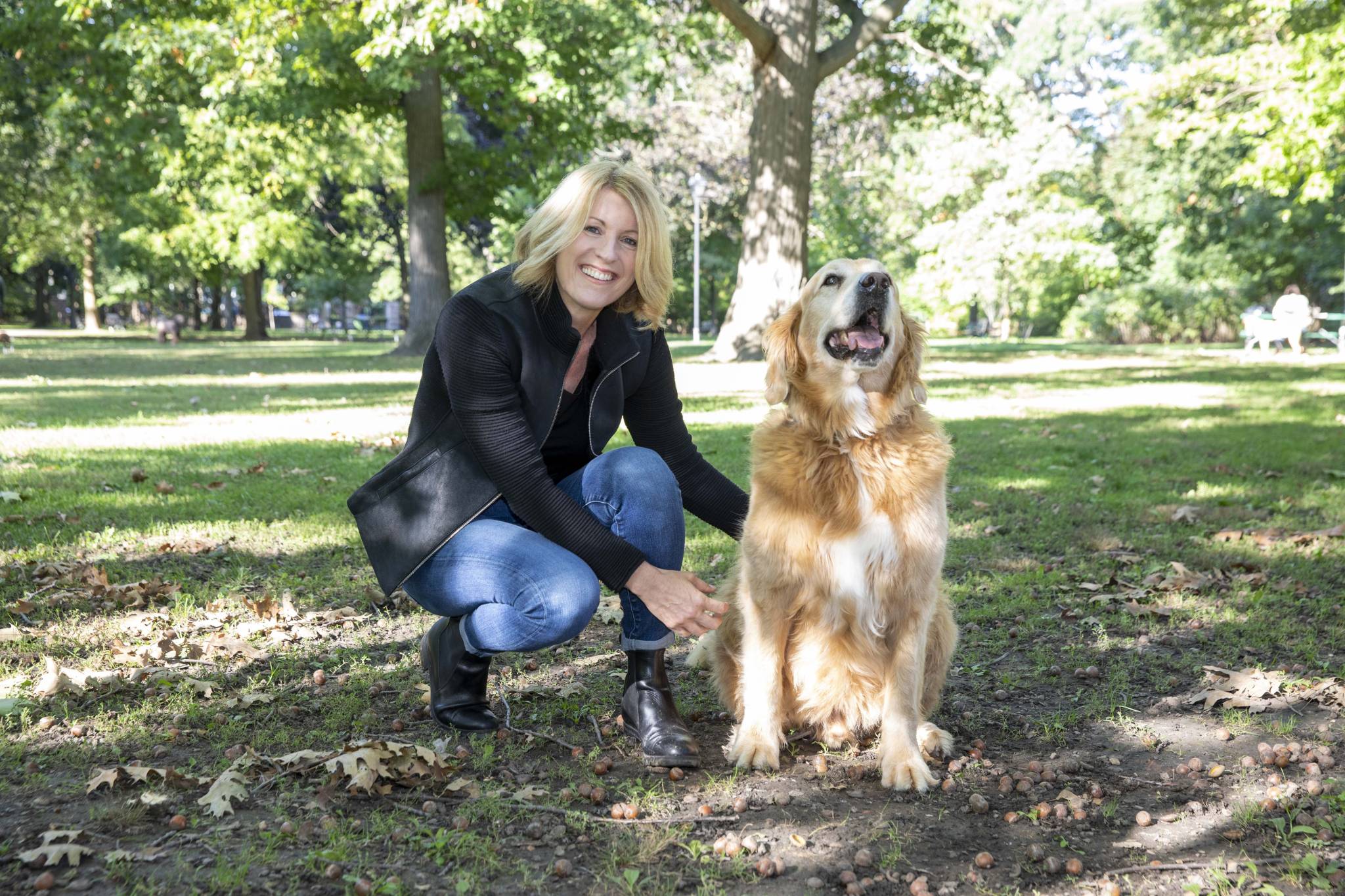Three accomplished women at RBC share their journeys of career growth, emphasizing development, leadership, adaptability and the support of mentors.
It was 26 years ago, Vinita Savani remembers, when she spoke to an on-campus recruiter from RBC about becoming an advisor at a branch after graduating with a commerce degree.
“Even back then, RBC spoke about the culture, but the opportunity to learn, grow and develop was most attractive to me,” says Ms. Savani, who is now senior vice-president of personal lending and auto finance, after moving through several roles throughout her career at RBC, including senior vice-president and regional president of Atlantic Canada.

From the start, RBC “was an incredible environment. It was very supportive with numerous investments in learning, development and training,” she says. “There is a lot of opportunity and encouragement to try things that are different. And that’s really helped me grow and develop as a leader.”
While Ms. Savani recalls she was daunted by the prospect of spending her career with one company, the advice she’d give her younger self is to adjust to new circumstances.
“I’ve learned to be willing to adapt,” she says, noting that during the pandemic she moved to a new role in a new location with new people. There, she had to “be aware of what’s happening in the environment and to never get fixated or to get tied to an idea, because the world around us was changing so quickly.”
She’s also seen the value of having mentors, as well as being one. Ms. Savani had several formal mentorship opportunities as a participant in RBC’s Accelerating Women in Executive Leadership Action Team and being part of RBC’s NextGen Employee Resource Group. She’s shared her expertise by mentoring up-and-coming leaders, many of whom are women and visible minorities and have risen to senior roles.
Not all organizations are able to attract and retain women talent throughout their careers. In fact, McKinsey’s Women in the Workplace report details the troubling trend of women in leadership positions leaving their companies due to a lack of advancement, overwork and the desire for a better, more inclusive work environment. RBC is finding ways to address these challenges, in an effort to buck the trend.

Katherine Gibson, is RBC’s interim chief financial officer who joined RBC more than 20 years ago. “There’s been no reason for me to leave, as my career goals and aspirations were consistently met through roles that RBC had within the overall organization,” she explains. Those roles “were building development experiences for me that would allow me to take on more senior roles.” RBC “has a culture of fostering talent and I’ve been the beneficiary of that,” she adds.
Ms. Gibson began to play that same role for other women. Fifteen years ago, she and a colleague established the Advancement of Women in Leadership committee at RBC, an employee-led group that helps women develop leadership skills, achieve their career aspirations and network across the organization’s 94,000 global employees.
“Our effort at RBC continues to evolve beyond focusing on gender alone. We are taking into account other dimensions of diversity and the support that is needed to better enable colleagues who also identify as BIPOC or members of the LGBTQ2S+ community in their career journeys,” she explains.
RBC has a Diverse Talent Sponsorship program that focuses on the development and sponsorship of potential leaders who identify as Black, Indigenous and women of colour.

While RBC fosters talent from within, it also seeks out talent with an array of experiences. Andrea Barrack, senior vice-president of corporate citizenship and ESG, joined RBC in 2022. She has had a diverse career path with roles in health care, the public sector and in politics, and says there has been a common theme in each of her roles of “creating, amplifying and executing ideas to help organizations build a better world.”
“There’s always been an underlying societal purpose to my work,” she explains, and RBC felt like the right next step because it’s a “purpose-led organization.”
At RBC, that purpose “influences how you behave, run your business and how you treat other people,” she says. “I can do good work here because we have the right culture, we have the right leadership to make things happen.”
Her team plays a leadership role in the Social Impact Learning Program, helping to build a pipeline of future leaders who think beyond their immediate roles in order to make a difference in the communities where they live and work. As part of the program, participants leverage their skills and gain experience by partnering with a charity to solve business challenges. “You can have a really positive impact on society and drive business results at the same time,” says Ms. Barrack.
RBC has several formal leadership programs, including the RBC Women in Leadership Program for senior non-executive women. The program helps women enhance their leadership capabilities, build strategic influence, and increase their networks and exposure to senior leadership.
Other initiatives to drive more equitable opportunities are the STEPS Leadership Development Program, which helps prepare high-potential women for a path to senior leadership, and the Leadership Development Program where future leaders collaborate with senior leaders on complex assignments. RBC also hosts Early in Career Women’s Dialogues where emerging talent participate in workshops and learn from executive women at the bank.
Women leaders at RBC are fully aware that they are strong role models to the next generation. “As a people leader, it’s my job to help my team prioritize the demands on their time, to coach and mentor them so they can unlock more of their potential,” says Ms. Barrack. “As women leaders, we have the opportunity to lift up others.”
This article originally appeared on News & Stories.
This article is intended as general information only and is not to be relied upon as constituting legal, financial or other professional advice. A professional advisor should be consulted regarding your specific situation. Information presented is believed to be factual and up-to-date but we do not guarantee its accuracy and it should not be regarded as a complete analysis of the subjects discussed. All expressions of opinion reflect the judgment of the authors as of the date of publication and are subject to change. No endorsement of any third parties or their advice, opinions, information, products or services is expressly given or implied by Royal Bank of Canada or any of its affiliates.

